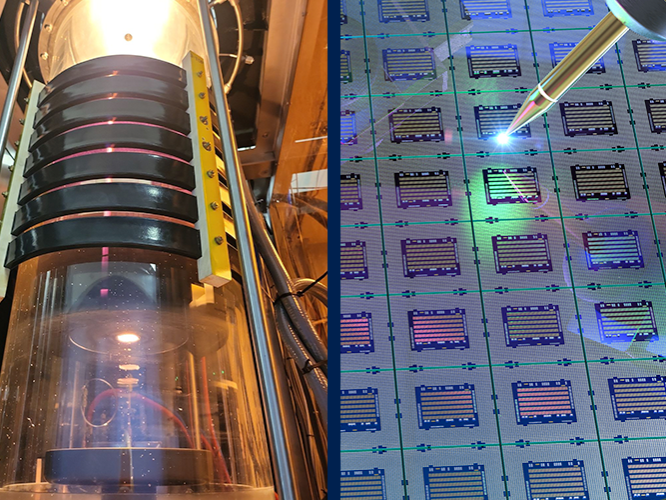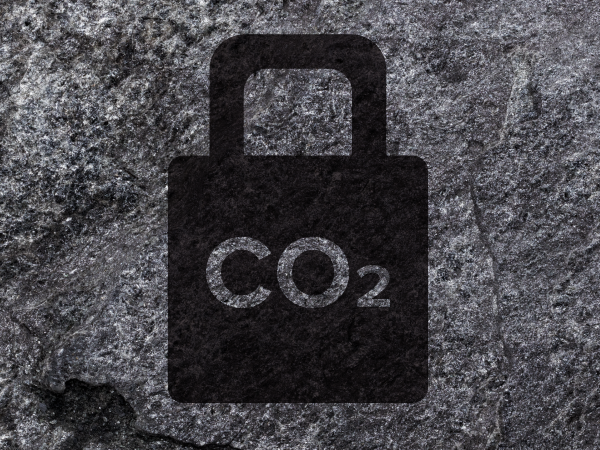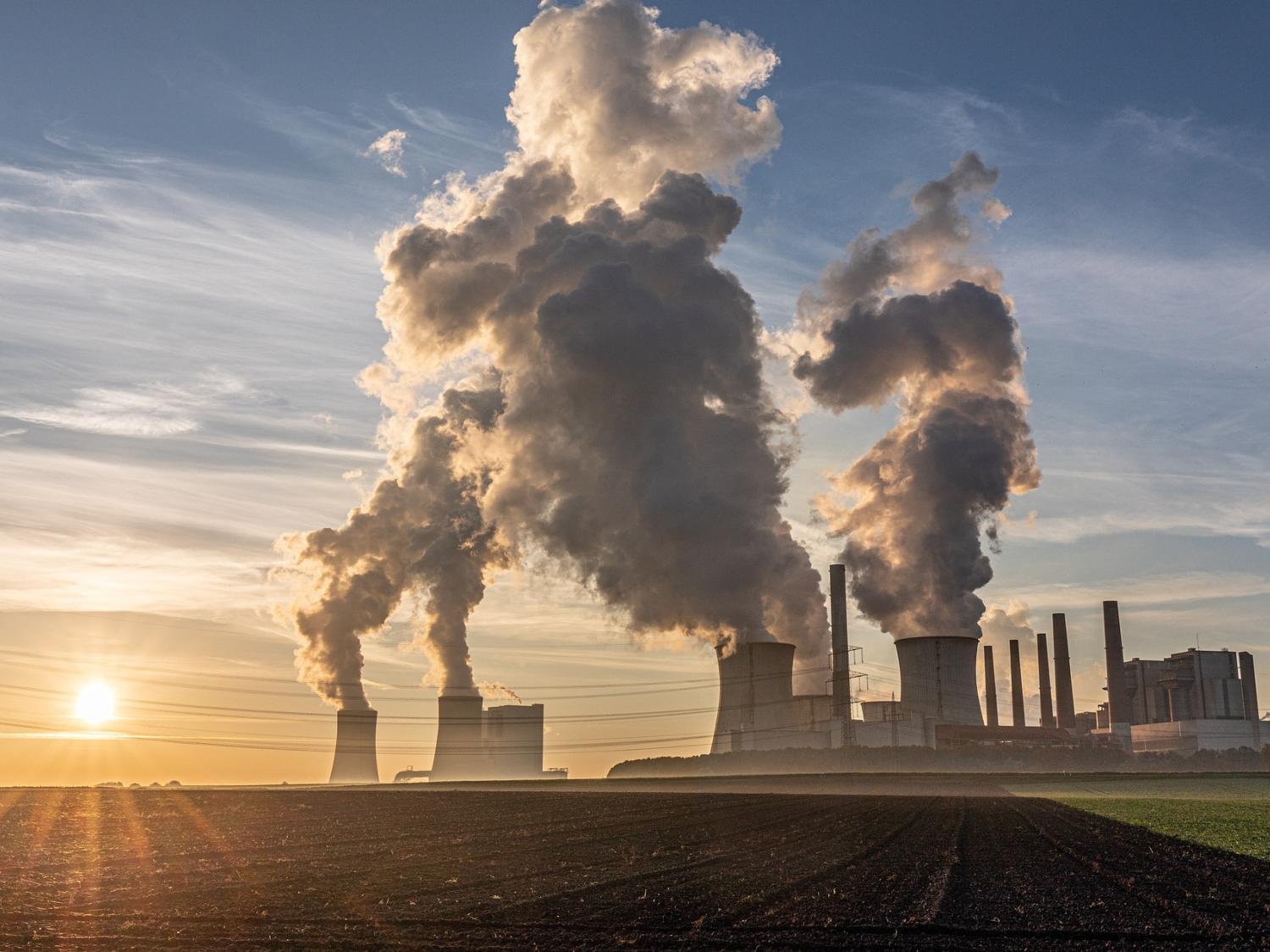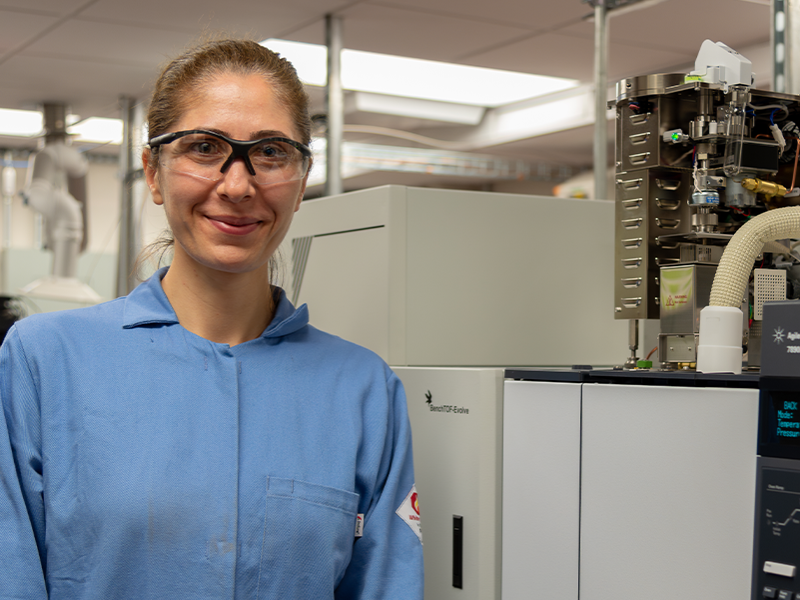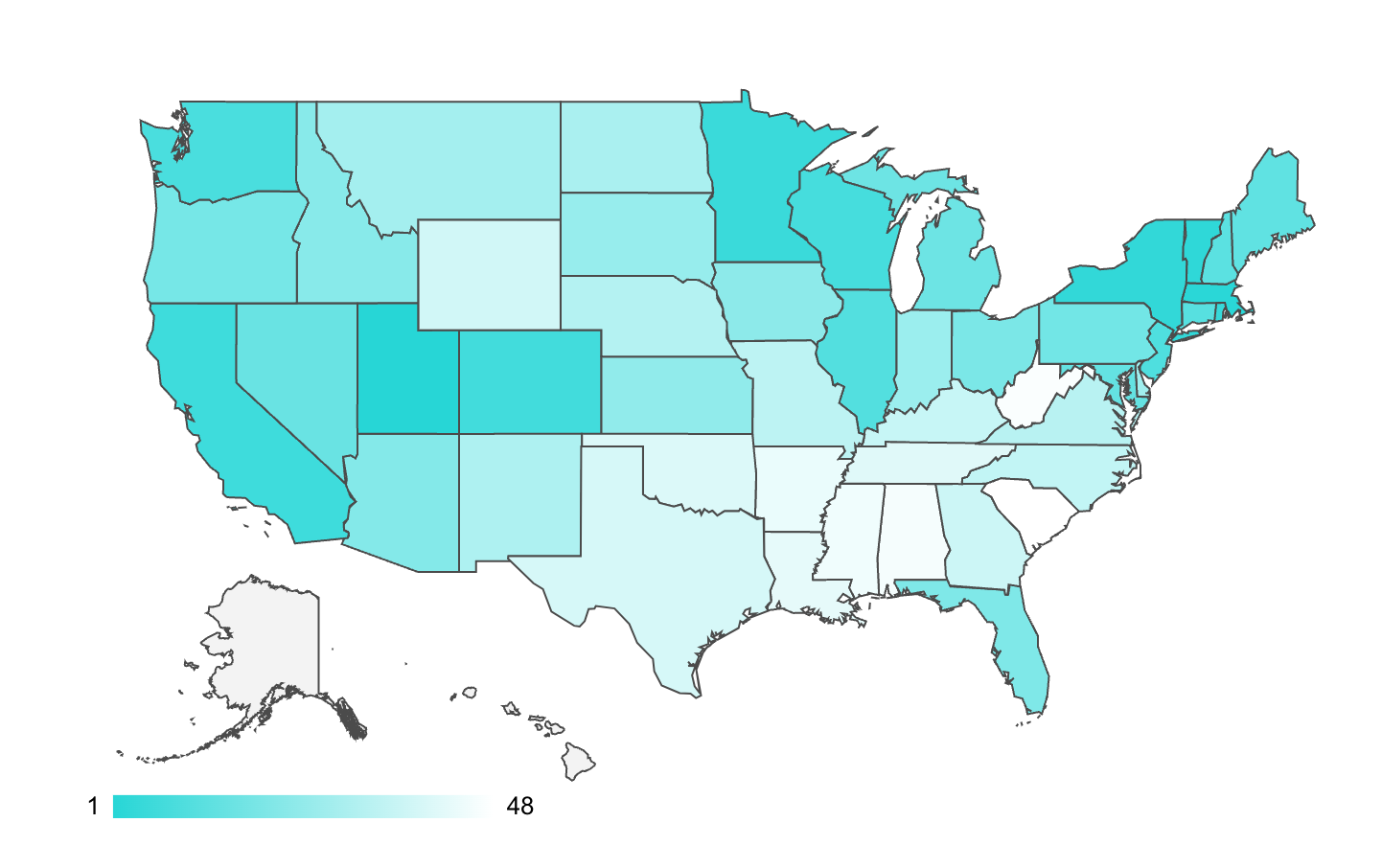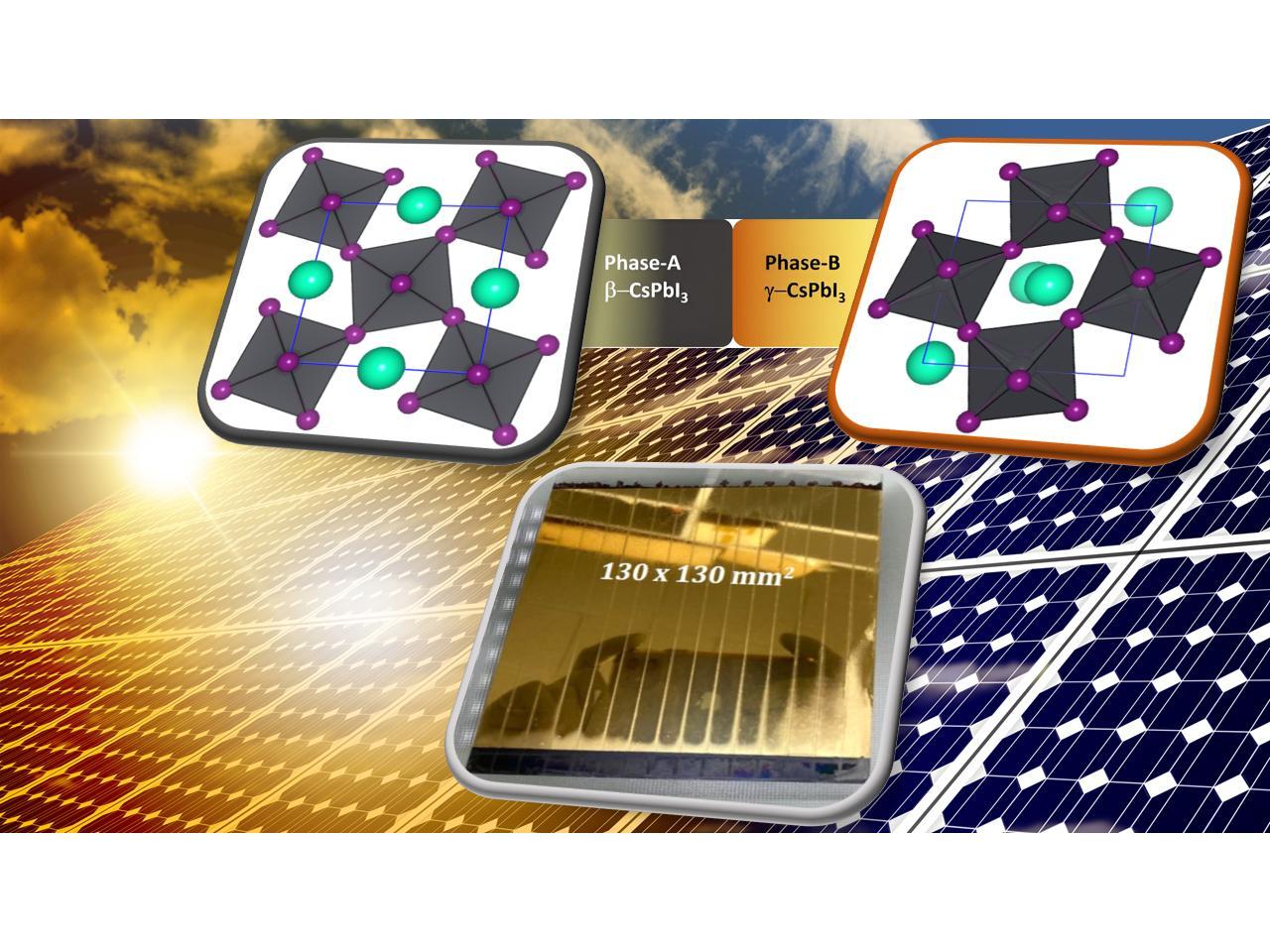Known for its ability to withstand extreme environments and high voltages, silicon carbide (SiC) is a semiconducting material made up of silicon and carbon atoms arranged into crystals that is increasingly becoming essential to modern technologies like electric vehicles, renewable energy systems, telecommunications infrastructure and microelectronics. To advance the potential of this semiconductor, Penn State recently launched the Silicon Carbide Innovation Alliance (SCIA), a coalition of industry leaders, academic institutions and government support with a focus on becoming the nation's central hub for research, development and workforce training in silicon SiC crystal technology.
Edward C. Dowling Jr., president and chief executive officer and board of directors member at Compass Minerals, will give the 2024 G. Albert Shoemaker Lecture in Mineral Engineering at Penn State. His talk, “Challenges and Opportunities of the Critical Minerals Revolution,” will be held at 4:30 p.m. on Friday, April 19, in the Hub-Robeson Center’s Freeman Auditorium and online via Zoom. A reception will follow the lecture at 5:30 p.m. in Alumni Hall. The event is free and open to the public.
A workshop focusing on the rise of cross-border electricity interconnections — and the high stake challenges they introduce — will be held from 9 a.m. to 4:30 p.m on Monday, April 15, in 603 Barron Innovation Hub. The workshop will also be available online via Zoom.
Addressing the incontrovertible risks of climate change requires deep decarbonization. In addition to green measures like upscaling renewables and improving energy efficiency, there is broad scientific consensus that large-scale carbon capture and sequestration (CCS) remains critical to limiting global temperature rise below 2°C.
First study using data from the field demonstrates that machine learning can drastically reduce the seismic sources needed to monitor sequestered carbon dioxide.
Hilal Ezgi Toraman, assistant professor of energy engineering and chemical engineering at Penn State, was selected as a “Pioneer of Catalysis and Reaction Engineering (CRE)” by the CRE division of the American Institute of Chemical Engineers (AIChE).
The Society of Petroleum of Engineers (SPE) has recognized three faculty members of the John and Willie Leone Family of Energy and Mineral Engineering (EME) for their exceptional service and leadership, as well as their significant professional contributions within their technical disciplines at the regional level.
Energy is expensive. In fact, it’s one of the biggest household expenses for American consumers. The average U.S. family spends at least $2,000 per year on utilities, according to the U.S. Department of Energy, with heating and cooling of spaces alone accounting for more than half the bill. In 2022, the average consumer spent another $3,120 on motor fuel and oil.
Next-generation solar materials are cheaper and more sustainable to produce than traditional silicon solar cells, but hurdles remain in making the devices durable enough to withstand real-world conditions. A new technique developed by a team of international scientists could simplify the development of efficient and stable perovskite solar cells, named for their unique crystalline structure that excels at absorbing visible light.
Younes Shekarian, a doctoral degree candidate in the John and Willie Leone Family Department of Energy and Mineral Engineering received the SME Ph.D. Fellowship grant from the Society for Mining, Metallurgy and Exploration (SME). The award helps support exceptional doctoral students who are seeking a career in academia.


